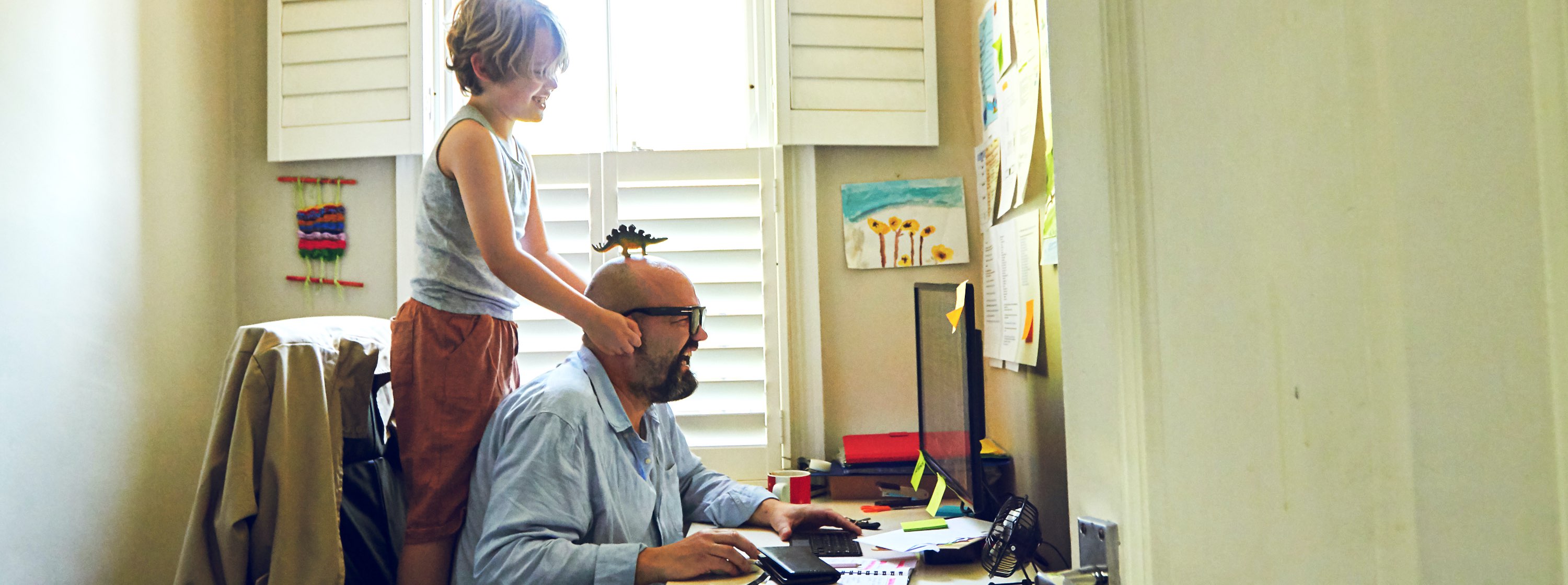
Whether you are investing for retirement or for other financial goals, it's important to know what kind of investor you are. Every investor should be able to answer these three questions:
What is my tolerance for risk?
As an investor, you need to accept some level of risk in all investments, and understand there will be ups and downs along the way. Your tolerance for risk—whether aggressive, conservative, or somewhere in between—determines how much growth potential you pursue with your investment portfolio. It's a key principal that to earn a higher return, you have to be comfortable taking on more risk. So the question is: how much change in the value of your investments are you willing to accept, in exchange for the prospect of higher long-term returns?
Stocks have historically had higher risk but higher long-term returns than bonds or cash-based investments. If you hold a high percentage of stocks in your portfolio, you should be comfortable with some volatility.
Bonds are generally less volatile than stocks but they offer more modest returns. If you don't consider yourself an aggressive investor, then you might have a higher proportion of bonds in your portfolio.
Cash and cash equivalents, such as GICs and money market mutual funds, are the safest investments, but they offer the lowest returns. The chances of losing money on cash-based investments are low, so they make sense if you're nearing a financial goal. But for a long-term investor, playing it safe with a higher percentage of cash in your portfolio makes less sense: returns may not keep up with inflation, and your purchasing power can gradually erode.
What is my timeline?
Your time horizon is the amount of time from now until you’ll need to access your investments. It's an important factor when considering risk and asset allocation. The key consideration is that the potential impact of market volatility is greater in the short term than it is over the long term.
For example, if you plan to borrow money from your RRSP to buy a home within the next year, then you have a short-term time horizon, and safety of principal is most important. You'll choose cash-based investments, even though the expected return will be low.
If you're building your RRSP portfolio for retirement in 20 years, then you have a long-term time horizon. You can afford to be less concerned about short-term market volatility, and choose growth-oriented investments.
Even if you're approaching retirement, your time horizon could still be quite long. Canadians are enjoying longer and healthier lives. Today, a 65 year old is more likely than not to live well into their eighties. A typical retirement could last 20, 25 or even 30 years.
While safety of principal naturally becomes a higher priority at retirement, it still makes sense for most retirees to keep a portion of their RRSP or RRIF assets in longer-term, growth-oriented investments. In most cases, a balanced portfolio that includes equities, fixed income and cash makes the most sense.
How involved do I want to be in my investment decisions?
Self-directed: If you enjoy following the markets, researching companies, and you have the time to monitor your holdings, you can choose to build a retirement savings portfolio of individual securities. Even if you prefer to spend less time evaluating and tracking investments, you can still maintain control of your self-directed portfolio by choosing ETFs, professionally managed mutual funds, or complete portfolio solutions.
For those who decide to go the self-directed route, Meridian partner, Qtrade Direct InvestingTM, is one of Canada’s top-rated online brokerage companies. Qtrade offers low trading commissions and a simple, intuitive platform. It’s perfect for those who want to manage their own investments.
Working with a Financial Planner: If you prefer to leave the decision making to the experts, working directly with a dedicated Financial Planner is likely the way to go. A Financial Planner will work with you to identify your personal goals, timeline and risk tolerance, and craft a personalized plan to match. The beauty of this is that your Financial Planner is there to support you along the way, and help you pivot when things change.
Meridian and Aviso Wealth have a unique approach to investment advice and wealth management. We believe that “wealth” is based on your definition and should reflect your goals. There’s a misconception about wealth planning that presents a big barrier for many. We’re is working to change that. Investing is personal, and the approach to building wealth is unique to the individual.
Learn more about Qtrade Direct Investing
Find a Meridian Financial Planner
Read our Q&A with Dilys D’Cruz, Senior Vice President, Retail and Wealth at Meridian
A version of this article was originally published on July 14, 2020
Mutual funds and other securities are offered through Aviso Wealth, a division of Aviso Financial Inc. Online brokerage services are offered through Qtrade Direct Investing. Qtrade Direct Investing and Qtrade Guided Portfolios are divisions of Aviso Financial Inc.
